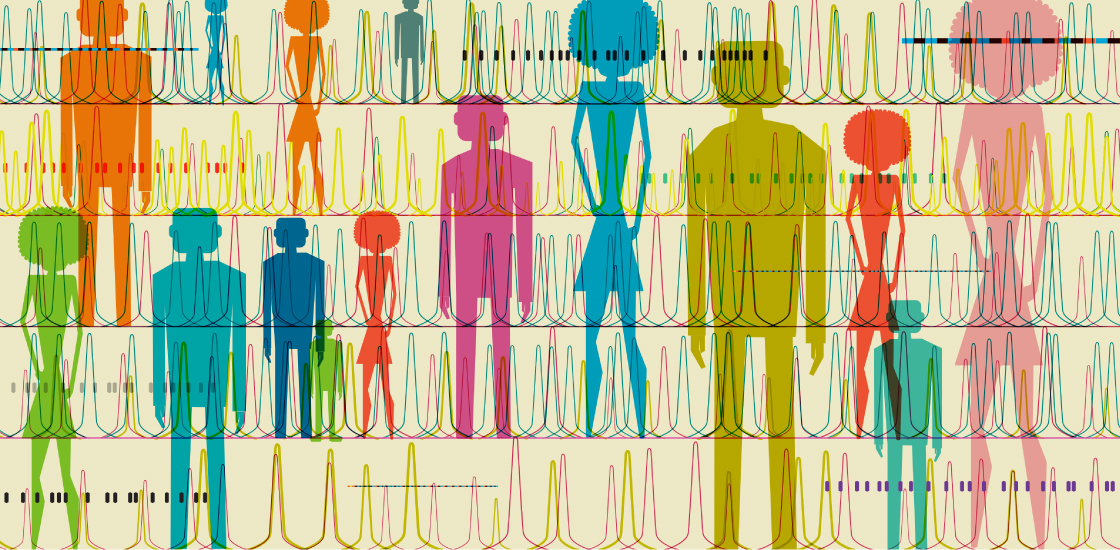Brian O’Roak uses genomic approaches to unlock the genetic basis of neurodevelopmental disorders such as autism and intellectual disability.
Brian O’Roak
Associate professor of molecular and medical genetics
Oregon Health and Science University
From this contributor
How I learned to stop worrying and love preprints
Preprints are gaining traction in biology, but some researchers have lingering concerns. Should they?
Burning debate: What’s the best way to nab real autism genes?
How to best use a large volume of data to discover new genetic risk factors for autism is a matter of intense debate, particularly in light of historical challenges.

Burning debate: What’s the best way to nab real autism genes?
Explore more from The Transmitter
Neuro’s ark: Spying on the secret sensory world of ticks
Carola Städele, a self-proclaimed “tick magnet,” studies the arachnids’ sensory neurobiology—in other words, how these tiny parasites zero in on their next meal.

Neuro’s ark: Spying on the secret sensory world of ticks
Carola Städele, a self-proclaimed “tick magnet,” studies the arachnids’ sensory neurobiology—in other words, how these tiny parasites zero in on their next meal.
Autism in old age, and more
Here is a roundup of autism-related news and research spotted around the web for the week of 2 March.

Autism in old age, and more
Here is a roundup of autism-related news and research spotted around the web for the week of 2 March.
Lack of reviewers threatens robustness of neuroscience literature
Simple math suggests that small groups of scientists can significantly bias peer review.

Lack of reviewers threatens robustness of neuroscience literature
Simple math suggests that small groups of scientists can significantly bias peer review.
